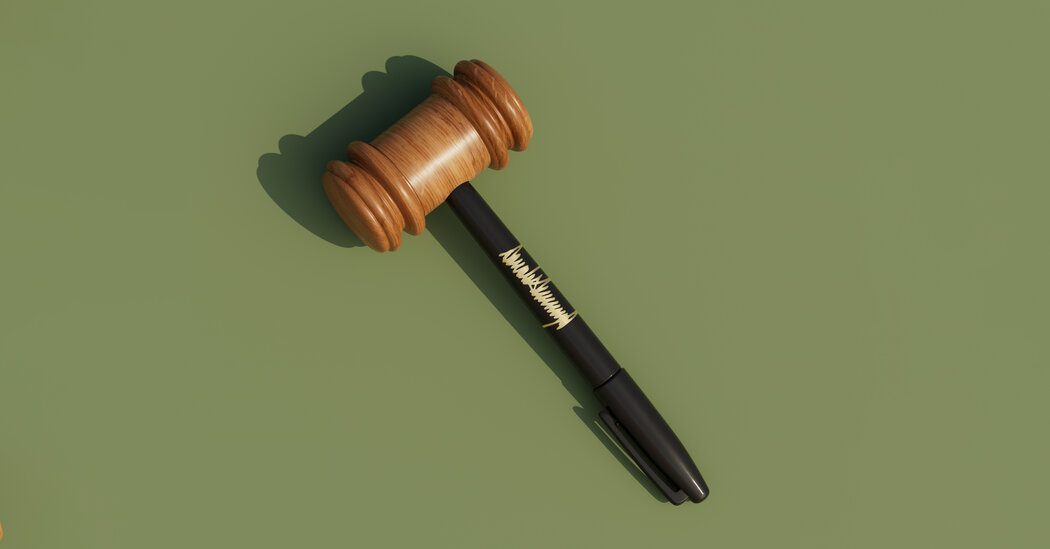

On Sunday, Vice President JD Vance shared his perspective on the dynamic between the presidency and the judicial system. He stated, “Judges aren’t permitted to control the legitimate powers of the executive,” in a post on X.
In response, a coalition of 17 state attorneys general issued a joint statement, declaring Mr. Vance’s comments “as misguided as they are dangerous.” They emphasized, “No one is above the law.”
This raises a critical question: Is Mr. Vance suggesting that presidents should be free to set their own regulations, irrespective of judicial rulings? The interpretation hinges on what he defines as “legitimate.” Who has the authority to determine the boundaries of executive power?
According to the Constitution, which has been interpreted consistently for over two centuries, the answer is clear: the judiciary.
Article III of the Constitution states, “The judicial Power shall extend to all Cases arising under this Constitution,” which outlines the framework and authority of the federal court system.
Currently, the federal judiciary is actively enforcing this principle. Federal judges have issued preliminary injunctions to halt some of the administration’s most ambitious exercises of authority, including a potential freeze on up to $3 trillion in federal expenditures, modifications to the 14th Amendment’s birthright citizenship provisions, improper terminations of civil servants, the relocation of trans women in prison to male facilities, and the transfer of sensitive information to a newly established agency overseen by Elon Musk. Since the beginning of the second Trump administration, over 60 lawsuits have been initiated—an average of more than two cases for each day he has held office.








